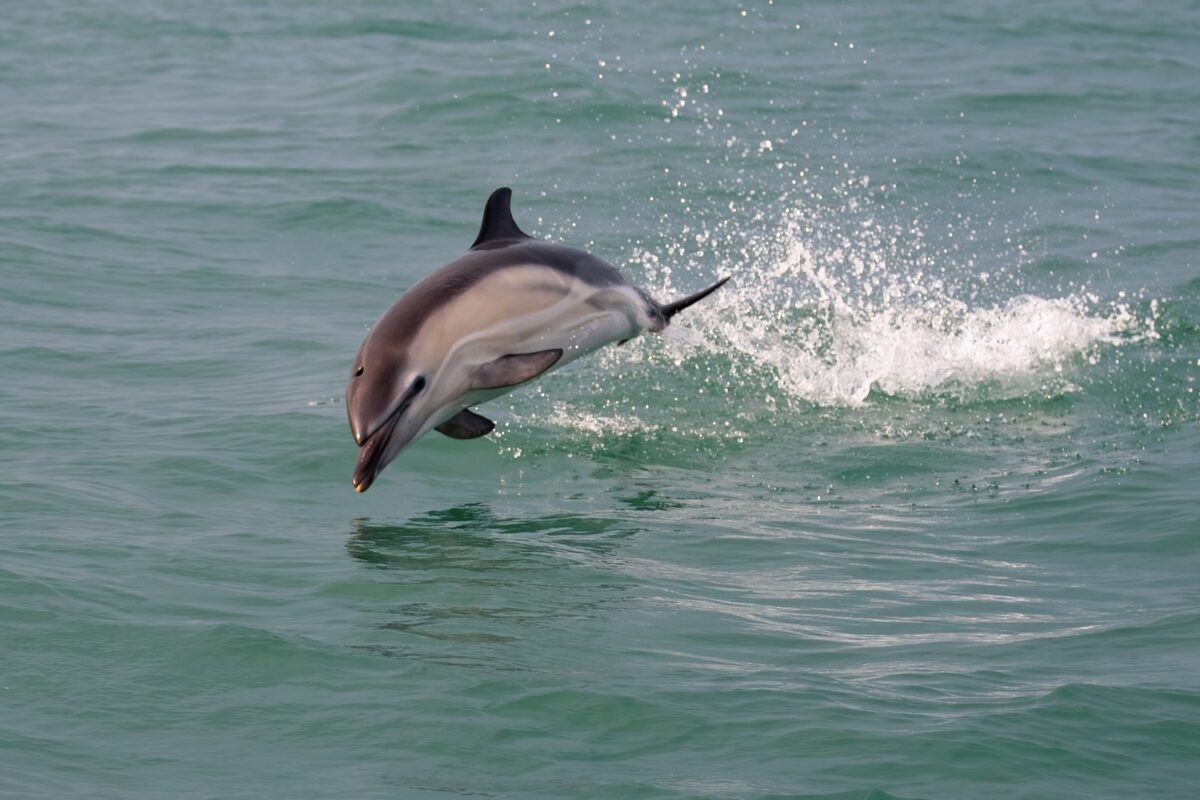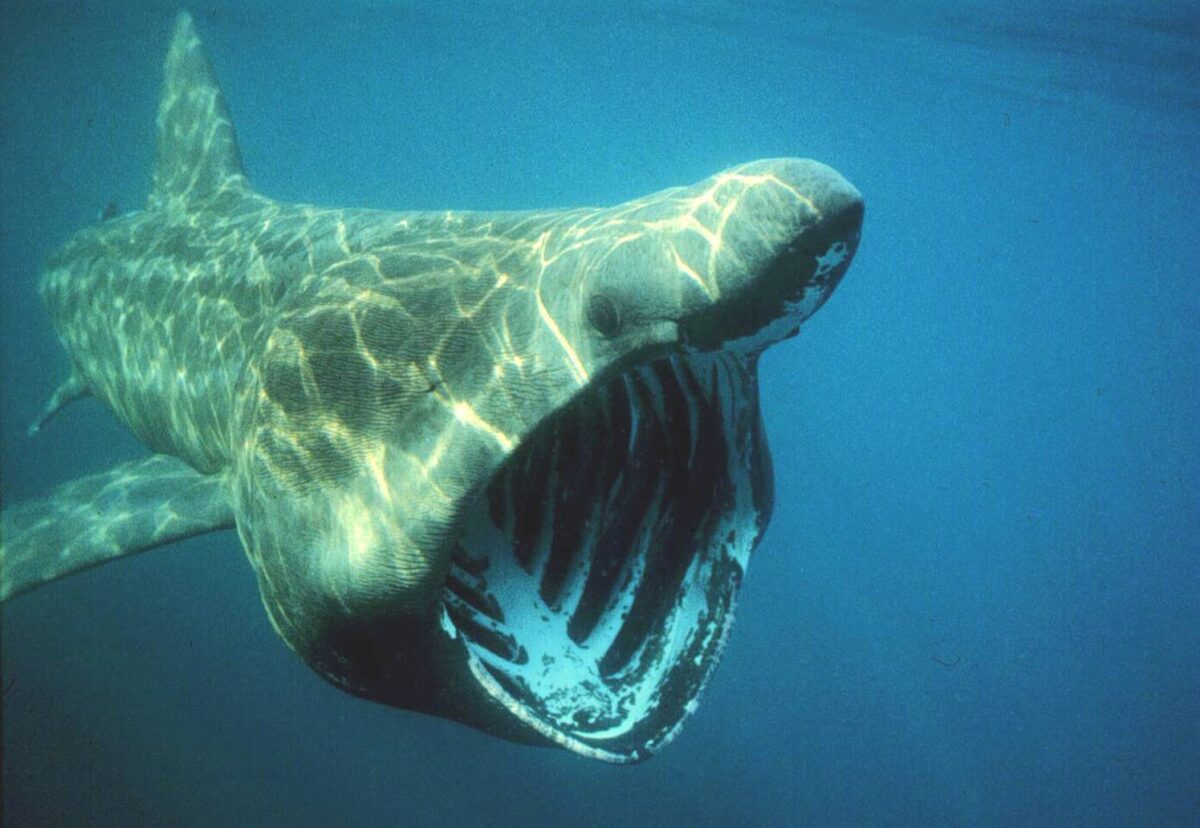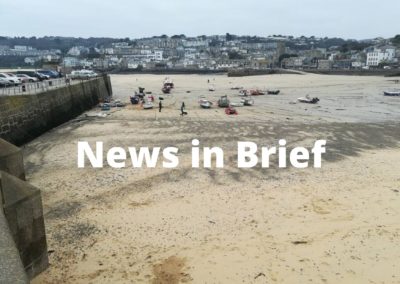Cornwall Council has identified ten marine species most in need of protection in local waters as it works with partners to produce a Marine Nature Recovery Framework.

The Common Dolphin. Photograph: Adrian Langdon
With support from the Cornwall and Isles of Scilly Marine and Coastal Partnership (CIOS MCP), and following public engagement, the council has produced a list of marine plants, animals, and habitats which will be prioritised for protection and recovery.
It is published during National Marine Week and comes after the council joined the national Motion for the Ocean initiative last year.
The commitment recognises the need for ocean recovery as part of ambitions for 30% of land, rivers, and seas to be well managed for nature by 2030, and to combat climate change.
The ten marine species identified, in no particular order, are:
Seagrass
Deemed the third most valuable ecosystem in the world because they clean water and remove carbon dioxide, and support biodiversity.
Maerl
As well as storing carbon, maerl beds shelter marine plants and animals such as other seaweeds, sea urchins, sea cucumbers, anemones, molluscs, herring, and scallops.
Kelp reef
Kelp provides food, shelter, and protection for all kinds of marine life, including seals, invertebrates, fish, whales, and birds.
Native oyster
These filter water and improve conditions for other species and habitats like seagrass, and can prevent harmful algal blooms. They also provide safety and food for juvenile fish.
Seals
Grey seals have legal protection in Special Areas of Conservation (SACs) and Sites of Special Scientific Interest (SSSI) in Cornwall. They are essential members of their ecosystems, both as predators of fish, squid, shellfish, and seabirds, and as prey for hunters like orcas and sharks. The UK is home to 38% of the world’s population of grey seals.

The basking shark. Photograph: Tony Sutton
Whales and dolphins
These are important for maintaining a healthy marine environment, and they are good indicators of any problems in the ecosystem. They face pressure from commercial fishing, recreation, and climate change, and are protected in UK offshore waters.
Mussels
Mussels are powerhouses of filtration. By filtering water, cycling nutrients, and burrowing in river bottoms, freshwater mussels both improve and create aquatic habitats for fish, mammals, other macroinvertebrates, and people.
Sharks and rays
Sharks and rays help mix waters from different ocean layers supporting biodiversity. The basking shark feeds in the depths, swims to the surface, and releases nutrients which oxygen-producing marine algae phytoplankton depend on.
Tuna and cod
Tuna are essential for a healthy ocean ecosystem by transporting nutrients to the sea surface where plankton need them to thrive, producing oxygen and capturing carbon dioxide. Cod is of major importance to Baltic Sea plant and animal life, and any disturbance to cod stock has consequences throughout the entire sea.
Sea worms
Sea worms or polychaetes help to recycle sediments, helping ocean biodiversity.
Martyn Alvey, Cornwall Council’s cabinet member for environment and climate change, said: “Identifying this list of our priority marine species in Cornwall is a crucial step in our work to develop an evidence-based plan to protect and restore nature in our coastal waters.
“It will align with our developing Local Nature Recovery Strategy due for consultation later this year, enabling us to take an integrated approach around the coastal boundaries of Cornwall and the Isles of Scilly.”
There are more than 400 miles of Cornish coastline hosting a huge diversity of marine species and habitats.



